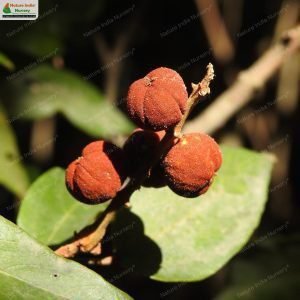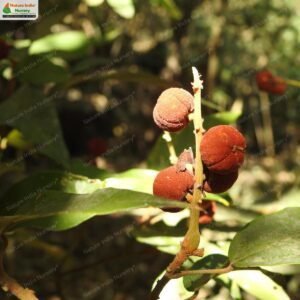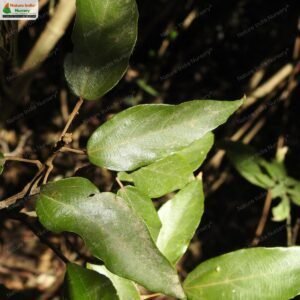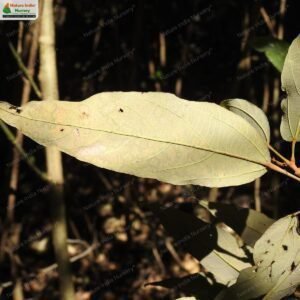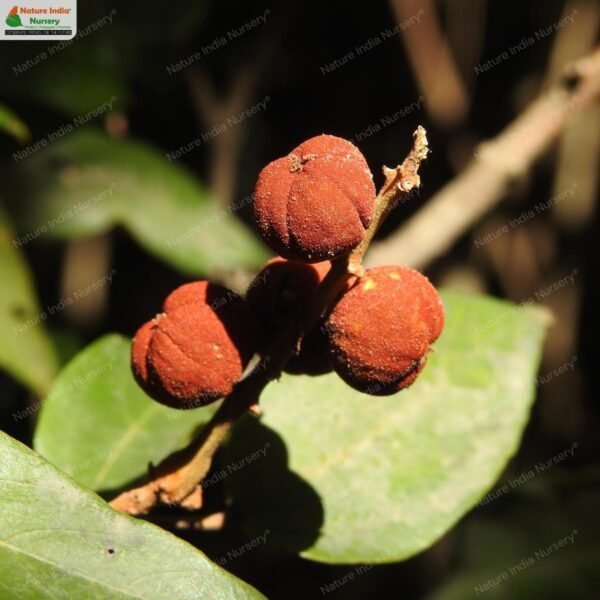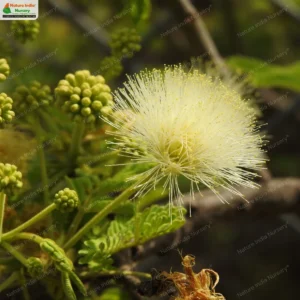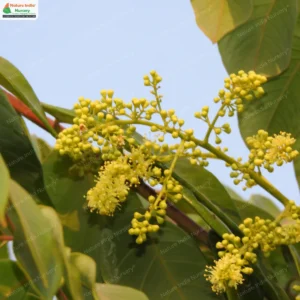Mallotus philippensis, commonly known as the Kamala Tree or Red Kamala, is a medium-sized deciduous tree that is native to South Asia, Southeast Asia, southern China, Afghanistan, and Australia. This tree thrives in tropical and subtropical regions, often found on rainforest margins and in disturbed areas free from fire, particularly in regions with moderate to high rainfall. The tree can grow up to 25 meters (82 feet) tall, producing yellow-brown flowers that form on racemes up to 6 cm long, with male and female flowers growing on separate trees.
The fruits of the Kamala Tree are usually three-lobed capsules, 6 to 9 mm broad, covered in a red powdery substance that produces a golden red dye when dissolved in alcohol. This unique characteristic makes the tree a valuable resource for various purposes, including dye production and traditional medicine. The tree’s ecological importance is also notable, as it attracts pollinators and provides a food source for various wildlife.
Habitat
Mallotus philippensis thrives in tropical and subtropical regions, often found on rainforest margins and in disturbed areas free from fire, particularly in regions with moderate to high rainfall.
Planting and Care: Essential Tips
-
Soil Requirements: Prefers well-drained loamy or sandy-loam soils.
-
Sunlight Needs: Requires full sun exposure.
-
Watering Guidelines: Needs moderate watering, with care to avoid waterlogging.
-
Propagation Methods: Can be propagated by seeds. Seeds should be sown in a well-draining medium and kept moist.
Additional Information: Interesting Facts
-
Wildlife Importance: Attracts bees and other pollinators with its flowers, and fruits are consumed by various wildlife, including birds and small mammals.
-
Economic Value: The red powdery substance from the fruit capsules is used to produce a yellow dye known as Kamala dye, suitable for coloring silk and wool, and various parts of the tree are used in traditional medicine.

